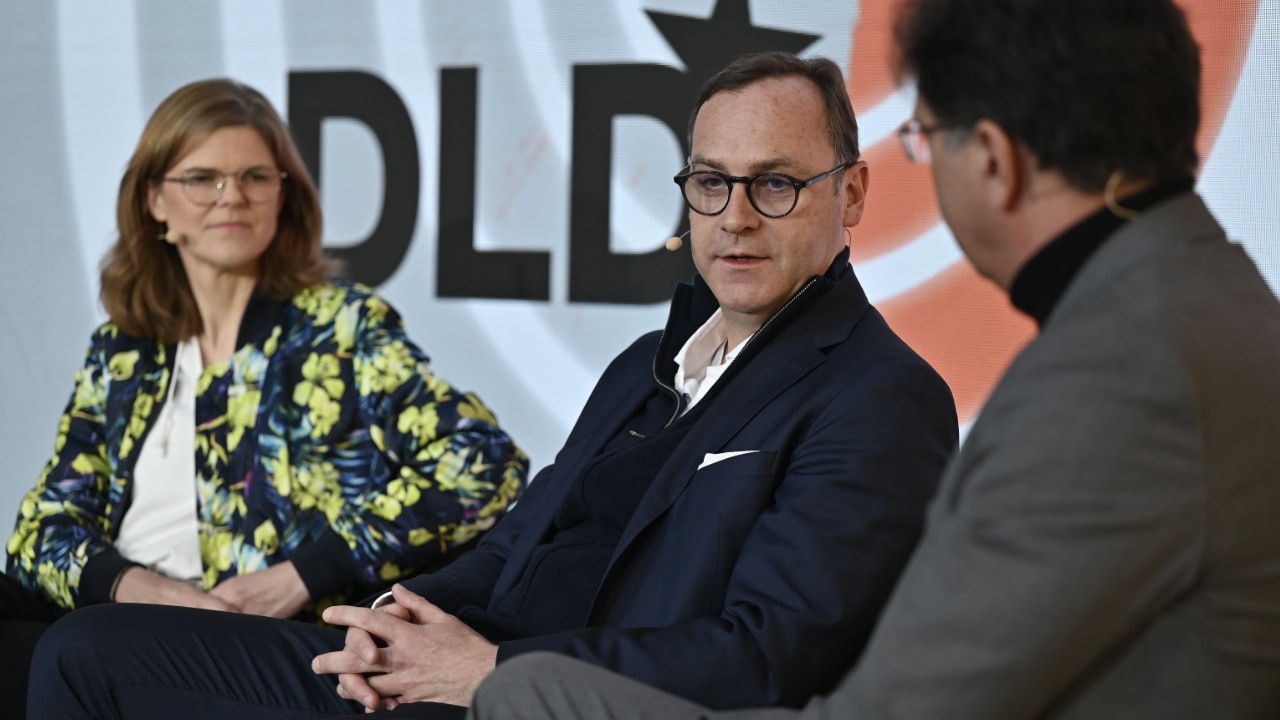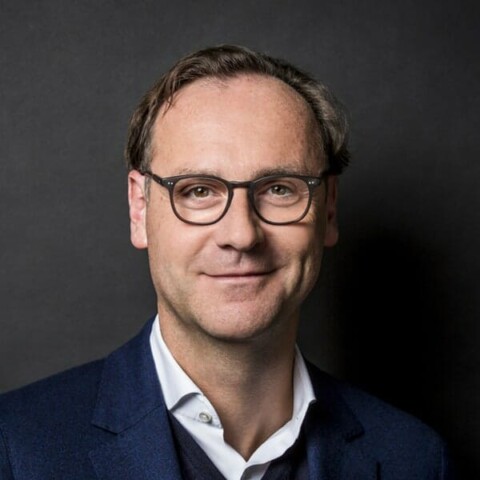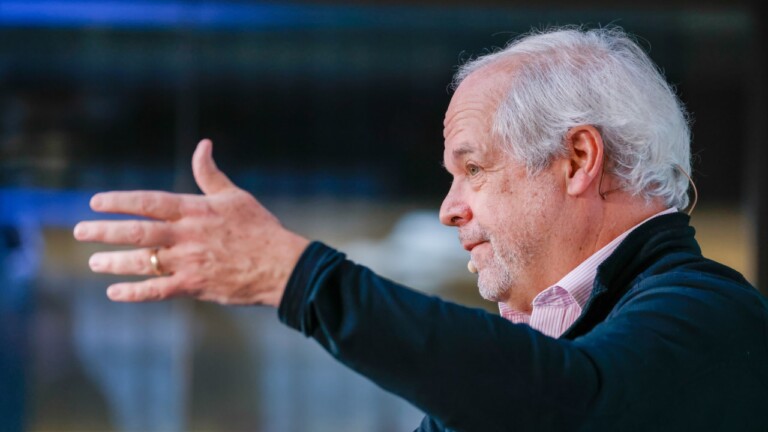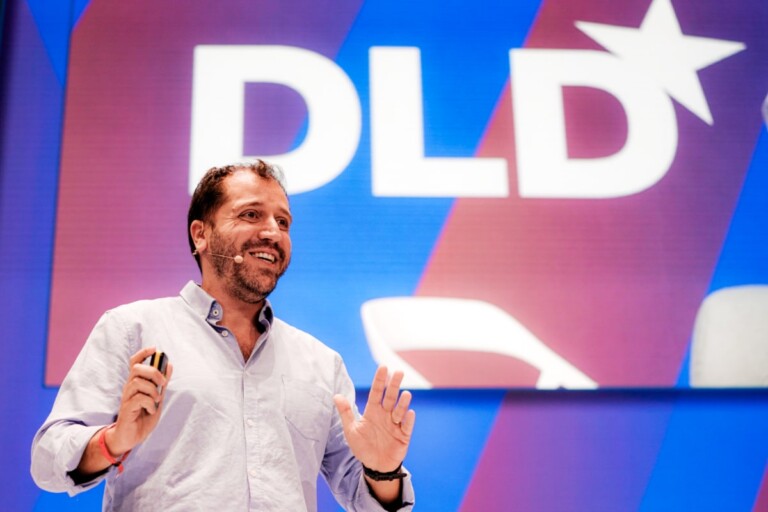Quantum computing represents a gigantic economic opportunity and could add up to $2 trillion to the global economy by 2035, McKinsey research shows. But when will the technology be ready for real-world applications, and what does it take to put it in action?
This DLD24 expert panel, moderated by Niko Mohr (McKinsey & Company) will give you insights from Daniela Gerd tom Markotten (Deutsche Bahn), Jan Goetz (IQM) and Markus Pflitsch (Terra Quantum).
German railway company Deutsche Bahn set up a team dedicated to quantum computing in 2019 and is now exploring potential use cases. “We want to be first mover, not fast follower”, Daniela Gerd tom Markotten says. “For us, it’s important to be prepared when it’s coming to that breakthrough.”
IQM founder Jan Goetz compares current quantum progress to the one in the early phases of AI development, noting that hardware is now the key bottleneck.
“We are in a similar situation with Quantum as AI was before”, Goetz says. “The concepts are there. We know how it could be done. We know algorithms. We know concepts like error correction, but the hardware is not there.”
TerraQuantum, meanwhile, focuses on the software layer with a library of quantum algorithms targeting real-world use cases across industries. To enable early commercialization, the Swiss company simulates quantum computing systems on current supercomputers.
“Quantum algorithms on a native QPU is not yet possible”, Markus Pflitsch says. “But what we can do is hybridize the problem.”






